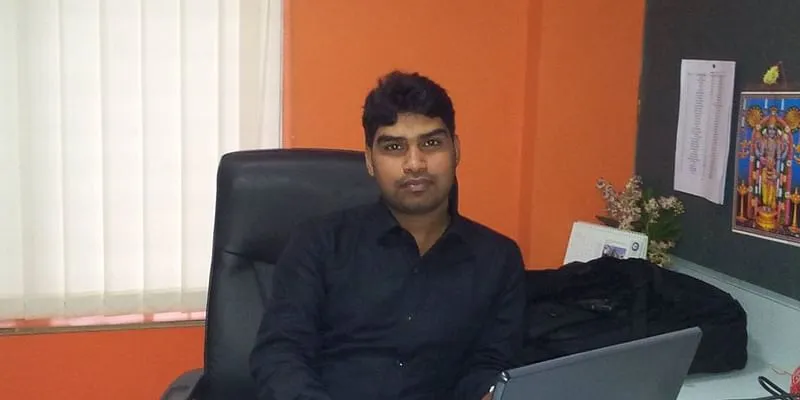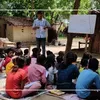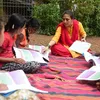How Aahwahan Foundation’s 'Laptop Bank' is fulfilling the online education needs of underprivileged students
The Laptop Bank initiative empowers education and enables students from weaker sections to borrow laptops and study from home for a specific duration.
Ever since the pandemic outbreak, education as we have known it has seen a paradigm shift. From online learning to other digital educational programmes, children are now dependent on technology as a medium for education. But, this has not been easy for students from disadvantaged communities.
Many low-income households had no access to mobile phones, or one basic phone that they used between the entire family. The pandemic also left them battling for their basic necessities, leave alone education, which was not even an option for those struggling to earn a livelihood.
Understanding this burgeoning problem and realising the significance of online learning and technological advancement, Bengaluru-based NGO was quick to take action and come to the rescue of the needy.

The foundation’s campaign, “Laptop Bank”, a move aimed towards enabling education, is benefiting 3031 students in metros including Bangalore, Mumbai, Pune, Delhi, and Noida, and has so far distributed 433 laptops.
Aimed at students from EWS (Economically Weaker Sections) Society, under the initiative, students can borrow laptops and continue their studies from home for a specific period.
Braja Kishore Pradhan, founder, Aahwahan Foundation says, “Every citizen must come forward and contribute to these students for a viable future of the country and social positive change. I urge the contribution of community groups and corporations through their CSR programmes to enable education for the marginalised groups of the society”.
How it works
As first steps, the Aahwahan team identifies impoverished localities and students from the area. They then try to find someone local who can be a bridge between the Aahwahan team and the students. Next steps include verification processes, through which income details of students' households is checked, and eligible students are accordingly shortlisted.
About 10 laptops are allocated to each area, and a team member allots these laptops and keeps a check on the same.
“The aim of the initiative is to bridge the digital gap and fulfill the lack of access to online devices. We mainly cater to students between 6th and 12th grade who can handle laptops and who have a better understanding of the internet and other features than younger children,” explains Braja.

Founder Braja Kishore Pradhan
The students can use these borrowed laptops to study from home for a specific duration - usually two to three hours, and can also choose to attend online classes on the same.
The foundation ensures the laptops are installed with all the relevant software, and even has internet access, before they are provided to the students. What’s more, there is also a toll-free number in case students need to get any doubts clarified.
For those students who do not have any idea about operating a system, a Aahwahan volunteer provides due training.
Meeting the growing demand
Aahwahan started this initiative in September 2020 in Bangalore as a pilot project for 5 months. The team soon realised the potential of its initiative and decided to take it to more localities and cities.
Initially, the laptops were taken from its own office, either from the employees or those that were refurbished.

“Gradually, we started reaching out to more people from corporates for laptops realising the growing response to our initiative. Today, we even get calls from regular schools to help their students attend online classes,” says Braja, adding that the biggest challenge for the NGO is procuring laptops to meet the demand.
He says that while there is appreciation for the initiative, it is not easy to get the laptops.
Currently, the foundation is actively looking for participation and support from corporations and individuals to enrich the educational journey of rural children.
The team has set a goal of allocating 1000 computers for this specific initiative, which they believe, will benefit 10,000 kids from various parts of the country. Furthermore, the foundation intends to expand its initiative to other parts of the country, such as Guwahati, Chennai and Hyderabad.
Edited by Anju Narayanan








